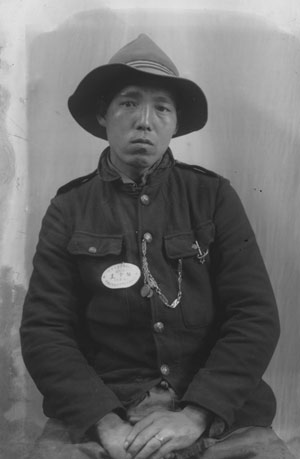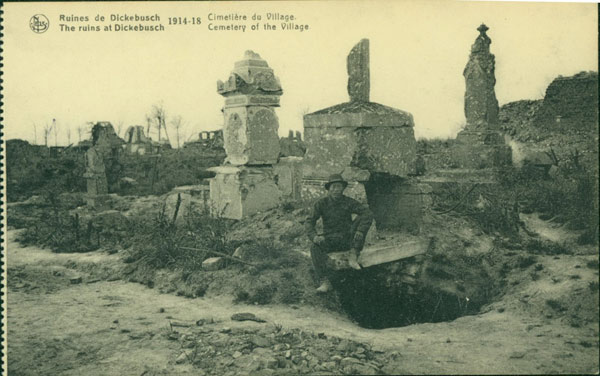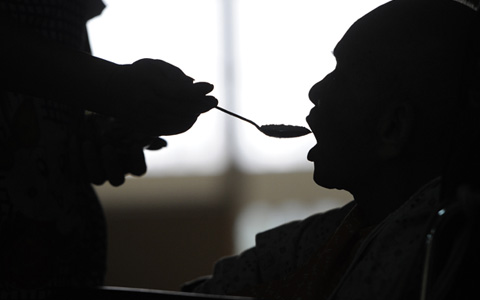Working across the divide
(China Daily) Updated: 2014-07-17 07:11Life of Chinese workers
 |
| Wang Jinyong, a Chinese laborer.[Photo provided to China Daily] |
The Chinese workers were seen by many scholars as passive victims. They dug trenches, buried the dead, worked in munitions factories and cleaned up the shells, grenades and cartridges after the Nov 11, 1918 armistice.
They were treated badly by the French and British. They were segregated in camps under armed guards, and punishments inflicted on them included beatings, prison sentences for strikers and fines for insubordination.
One source showing this mistreatment is a diary kept by Father John Van Welleghen, a Belgian parish priest in Flanders. His diary entries showed the sympathetic attitude of the local people toward victims of the British army's harsh methods.
He wrote: "I passed by the camp and saw three of them tied with arms outstretched on the wire of the perimeter fence. One of them also had his legs tied. It can't have been pleasant in this wintery weather. Today it has been freezing hard."
O'Neill said he believes one reason the Chinese were mistreated is because the British and French armies suffered enormous casualties during the war and their spirits were low.
"They just wanted to get the war finished. They were not in the mood to welcome or understand new people," O'Neill said.
The second reason for the mistreatment was because they were under the colonial mindset that white people were the superior race, he said. "That is not correct, but it was the common attitude at the time," O'Neill said.
The British and French also did not understand the Chinese as they had no prior knowledge of these workers' culture and country. They believed that treating them strictly would make them easier to control, O'Neill said.
Like Van Welleghen, O'Neill's grandfather Frederick O'Neill came in contact with the Chinese workers in his role as a minister of the church. He spent two years in France serving the Chinese Labour Corps and wrote a diary about his experiences.
Frederick O'Neill lived among the Chinese workers, providing them with spiritual support. He would help them write letters to send to their relatives in China, and help them organize recreational activities like sports events and singing and dance performances, to help the workers take their minds off the war.
 |
| A Chinese laborer amid the destroyed graves in the churchyard of the village of Dikkebus near Ypres of Belgium. [Photo provided to China Daily] |
- Tibet forum opens with focus on development
- Arrests rise 35 percent in anti-drug campaign
- Tipoffs wanted on lavish spending
- Medical teams work with govts to fight Ebola
- Legal aid for inmates to go nationwide
- Chinese army 'must support call for reform'
- 'Schools rarely disclose sexual assaults'
- Arrests rise 35 percent in capital's anti-drug campaign
- China promotes efficient use of railway land
- Anti-graft plan targets emigrants with hukou







